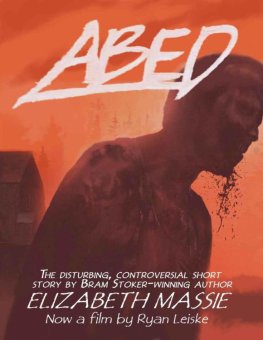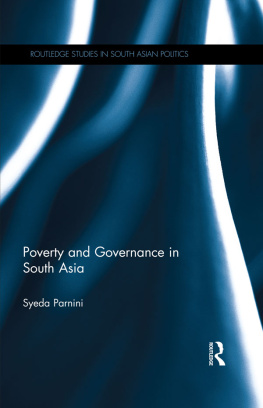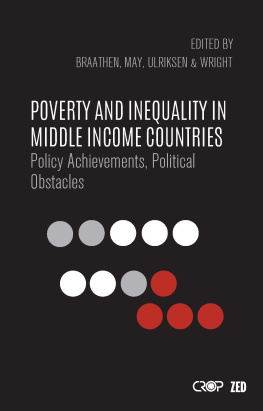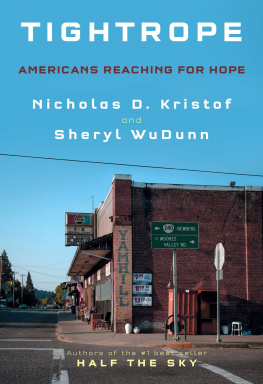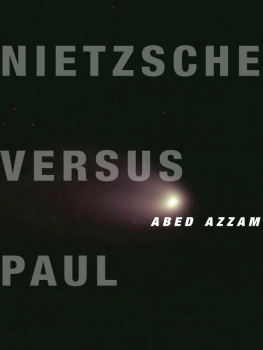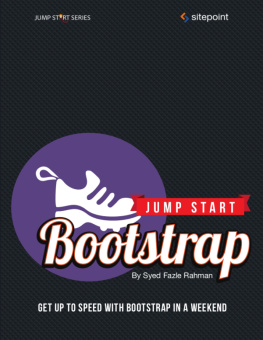Scott MacMillan - Hope Over Fate: Fazle Hasan Abed and the Science of Ending Global Poverty
Here you can read online Scott MacMillan - Hope Over Fate: Fazle Hasan Abed and the Science of Ending Global Poverty full text of the book (entire story) in english for free. Download pdf and epub, get meaning, cover and reviews about this ebook. year: 2022, publisher: Rowman & Littlefield Publishers, genre: Non-fiction. Description of the work, (preface) as well as reviews are available. Best literature library LitArk.com created for fans of good reading and offers a wide selection of genres:
Romance novel
Science fiction
Adventure
Detective
Science
History
Home and family
Prose
Art
Politics
Computer
Non-fiction
Religion
Business
Children
Humor
Choose a favorite category and find really read worthwhile books. Enjoy immersion in the world of imagination, feel the emotions of the characters or learn something new for yourself, make an fascinating discovery.

- Book:Hope Over Fate: Fazle Hasan Abed and the Science of Ending Global Poverty
- Author:
- Publisher:Rowman & Littlefield Publishers
- Genre:
- Year:2022
- Rating:5 / 5
- Favourites:Add to favourites
- Your mark:
Hope Over Fate: Fazle Hasan Abed and the Science of Ending Global Poverty: summary, description and annotation
We offer to read an annotation, description, summary or preface (depends on what the author of the book "Hope Over Fate: Fazle Hasan Abed and the Science of Ending Global Poverty" wrote himself). If you haven't found the necessary information about the book — write in the comments, we will try to find it.
Nicholas Kristof of The New York Times called him one of the unsung heroes of modern times. Fazle Hasan Abed was a mild-mannered accountant who may be the most influential man most people have never even heard of. As the founder of BRAC, his work had a profound impact on the lives of millions. A former finance executive with almost no experience in relief aid, he founded BRAC, originally the Bangladesh Rehabilitation Assistance Committee, in 1972, aiming to help a few thousand war refugees. A half century later, BRAC is by many measures the largest nongovernmental organization in the worldand by many accounts, the most effective anti-poverty program ever.
BRAC seems to stand apart from countless failed development ventures. Its scale is massive, with 100,000 employees reaching more than 100 million people in Asia and Africa. In Bangladesh, where it began, Abeds work gave rise to some of the biggest gains in the basic condition of peoples lives ever seen anywhere, according to The Economist. His methods changed the way global policymakers think about poverty. By the time of his death at eighty-three in December 2019, he was revered in international development circles. Yet among the wider public he remained largely unknown. His story has never been tolduntil now.
Abed avoided the limelight. He thought his own story was of little consequence compared to the millions of women who rose from poverty with BRACs help, bending the arc of history through their own tenacity and grit. The challenges he faced often seemed insurmountable. Abeds personal life was a tapestry of love and griefa lovers suicide, a wife who died in his arms. He was a taciturn man with a short temper that erupted on rare occasions. Many of his ventures failed, but Abed persevered.
This book is also the biography of an ideathe idea that hope itself has the power to overcome poverty. For too long, people thought poverty was something ordained by a higher power, as immutable as the sun and the moon, Abed wrote in 2018. His lifes mission was to put that myth to rest. This is the story of a man who lived a life of complexity, blemishes and all, driven by the conviction that in the dominion of human lives, hope will ultimately triumph over fate.
Scott MacMillan: author's other books
Who wrote Hope Over Fate: Fazle Hasan Abed and the Science of Ending Global Poverty? Find out the surname, the name of the author of the book and a list of all author's works by series.

